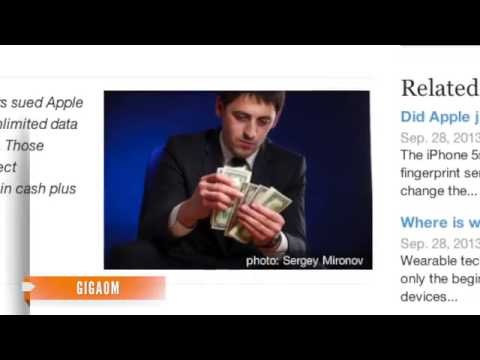Investor files classaction suit against Pimco Aug 19 2005
Post on: 16 Март, 2015 No Comment

Investor charges Pimco with manipulation
A Chicago investor claims bond behemoth Pimco artificially drove up the price of futures contracts.
by Amanda Cantrell, CNN/Money staff writer
NEW YORK (CNN/Money) — An investor has sued money manager Pacific Investment Management Company, claiming the firm manipulated the price of June 10-year Treasury futures contracts on the Chicago Board of Trade, according to suit filed in a federal court.
Pimco is based in Newport Beach, Calif. Legendary bond guru Bill Gross is the firm’s chief investment officer.
The suit filed in the U.S. District Court for Eastern Illinois in Chicago, which claims Pimco violated the Commodity Exchange Act, is seeking class-action status. Chiu is accusing Pimco of creating a manipulative short squeeze, which causes short-sellers to pay inflated prices to cover their positions because the entity that owns large amounts of a given security withholds the securities from the market.
We strongly believe the complaint is without merit and we intend to vigorously defend ourselves, said Pimco spokesman Mark Porterfield in a statement.
Buying futures contracts and hoarding the bonds available to fulfill them violates Commodity Futures Trading Commission regulations.
Futures contracts are promises to deliver bonds at a future date and are used by businesses as a hedge against unfavorable price changes and by speculators hoping to profit from those changes.
The shortage of 10-year Treasury notes led to the millions of dollars of investment losses in June, as short sellers scrambling to cover their positions had to buy back the bonds at high prices to fulfill their obligations.
Chiu’s complaint charges that, during the period in question, there were only about $10 billion to $13 billion of the cheapest to deliver 10-year Treasury notes available to satisfy the June futures contract, while the value of these outstanding contracts was as high as $170 billion. The complaint alleges that this artificial scarcity of bonds caused the price of the futures contracts to increase, generating a profit for Pimco.
But Thursday, the Wall Street Journal reported that Chicago-based hedge fund Citadel investments played a key role in the shortage by accumulating as much as $8 billion of a single issue of 10-year Treasury notes sometime in late May — more than half the amount readily available in the market. That weakens the theory that one investor created the shortage. A spokesperson for the firm said that as a policy, Citadel does not confirm or give details on trades.
In response to what happened in June, the Chicago Board of Trade has instituted a new rule that limits how many bonds any one futures holder can demand to be delivered, to take effect with the December 2005 contracts. But the market is rife with speculation that September could present another squeeze.
Calls to Chiu’s attorneys were not returned by press time.














